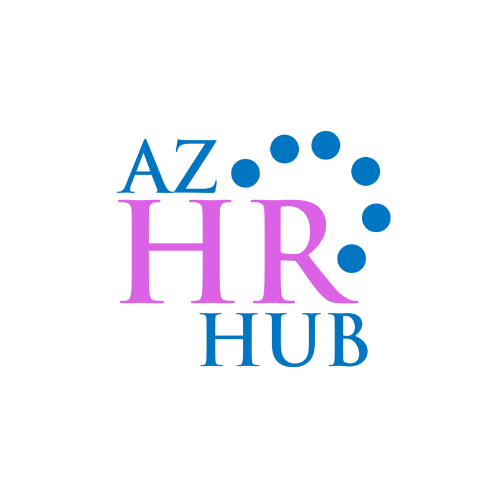Navigating Diversity, Equity, and Inclusion (DEI): The Crucial Role of HR
In today's ever-evolving workplace landscape, Diversity, Equity, and Inclusion (DEI) have become not just buzzwords but essential pillars for organizational success. HR stands at the forefront of driving these initiatives, playing a critical role in fostering a workplace culture that values diversity and ensures equity and inclusion for all employees.
Understanding the HR Role in DEI:
Recruitment and Hiring:
HR professionals are the architects of inclusive recruitment strategies, shaping the organization's foundation. Best practices involve adopting blind recruitment processes, removing personal information such as names or gender to focus solely on skills and qualifications. Additionally, assembling diverse interview panels ensures varied perspectives in candidate assessments, promoting unbiased decisions.
Training and Development:
HR takes the lead in implementing comprehensive diversity training programs. These programs go beyond compliance and delve into fostering a culture of inclusion. Ongoing education initiatives, such as workshops and webinars, ensure that employees grasp the significance of DEI and understand how their individual contributions shape an inclusive workplace.
Policy Development:
HR plays a pivotal role in crafting and enforcing inclusive policies. These policies go beyond legal requirements and address equal opportunities, anti-discrimination measures, and fair treatment. Clear guidelines help create a workplace culture where every employee feels valued and supported.
Best Practices for HR in DEI:
Leadership Commitment:
Ensuring leadership commitment to DEI initiatives is foundational. When executives actively champion diversity, it sets the tone for a culture of inclusion. HR collaborates with leadership to align DEI goals with the company's mission and values, fostering a shared commitment at all levels.
Data-Driven Decision-Making:
HR leverages data to pinpoint areas for improvement. Regular analysis of workforce demographics and employee experiences identifies strengths and weaknesses in DEI initiatives. Data-driven insights guide HR in tailoring strategies to meet evolving organizational needs.
Employee Feedback and Inclusivity Requests:
Incorporate a robust system for gathering feedback from employees on DEI initiatives. Actively listen to their experiences, suggestions, and requests regarding what works or can be improved within the company's DEI progress. Prioritize creating a culture where employees feel empowered to contribute to shaping a more inclusive workplace.
Employee Resource Groups (ERGs):
Establishing ERGs provides employees with a supportive community. HR plays a crucial role in facilitating and supporting the formation of these groups. ERGs offer a platform for employees to connect, share experiences, and contribute ideas, fostering a sense of belonging.
Continuous Evaluation:
HR continually assesses the effectiveness of DEI initiatives. Regular evaluations, incorporating feedback from employees and monitoring industry trends, enable HR to make informed adjustments. A proactive approach ensures that DEI remains an integral part of the organizational culture.
Why DEI Matters:
Enhanced Innovation:
Diverse teams bring a spectrum of perspectives, driving innovation. HR's role in curating diverse teams enhances creativity and problem-solving, contributing to the organization's success in a rapidly evolving market.
Employee Engagement:
Inclusive workplaces elevate employee engagement. HR initiatives promoting equity and inclusion contribute to a positive work environment, fostering a sense of belonging and connection among employees.
Competitive Advantage:
Organizations with diverse and inclusive cultures attract top talent. HR's commitment to DEI not only reflects a socially responsible stance but also strengthens the company's competitive position in the market.
HR's role in promoting Diversity, Equity, and Inclusion is pivotal for organizational growth, employee satisfaction, and overall success. By implementing best practices and listening to their employees, HR professionals can lead the way in creating workplaces that embrace diversity and foster a sense of belonging for all.
Let's continue to champion DEI initiatives for a brighter, more inclusive future!

